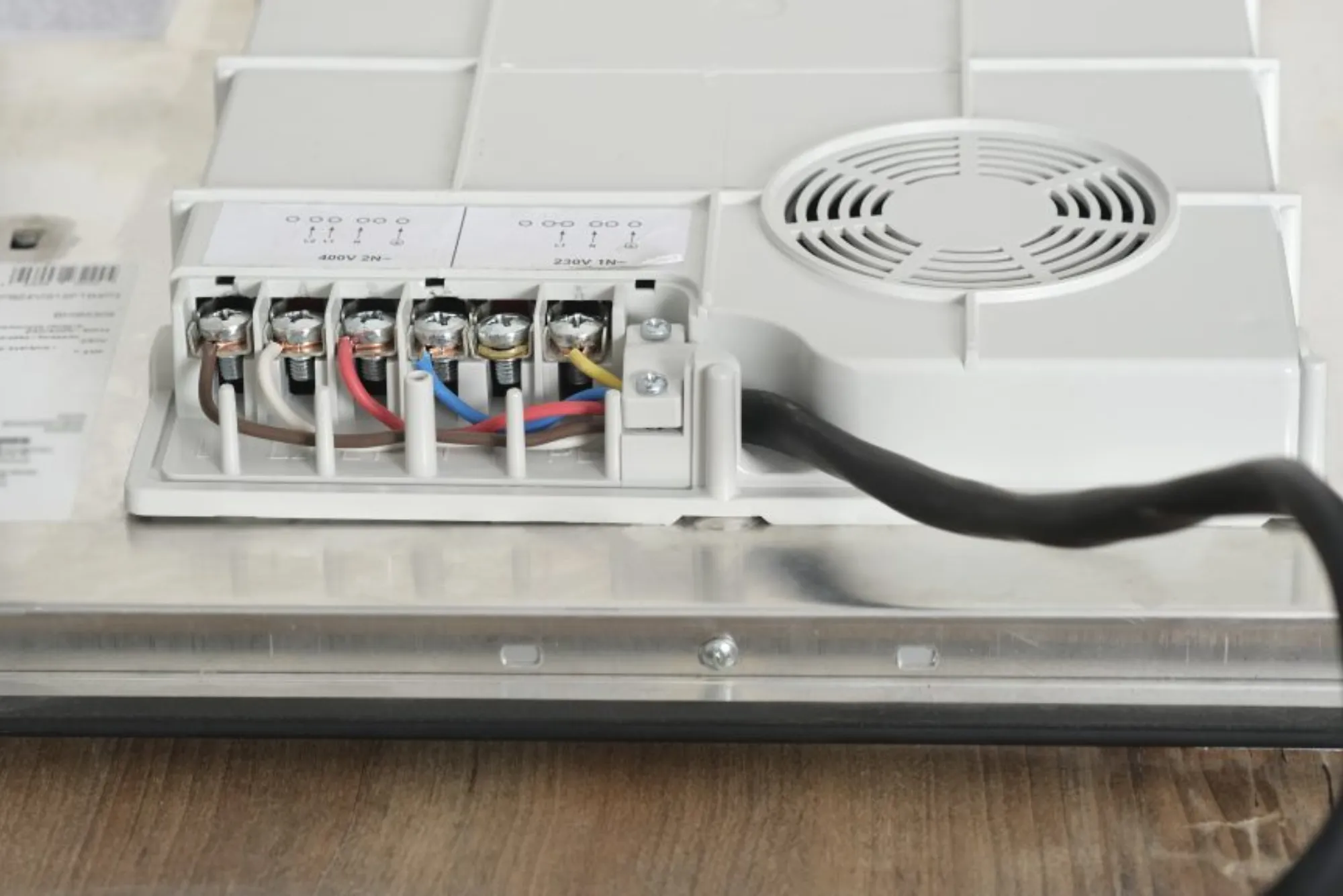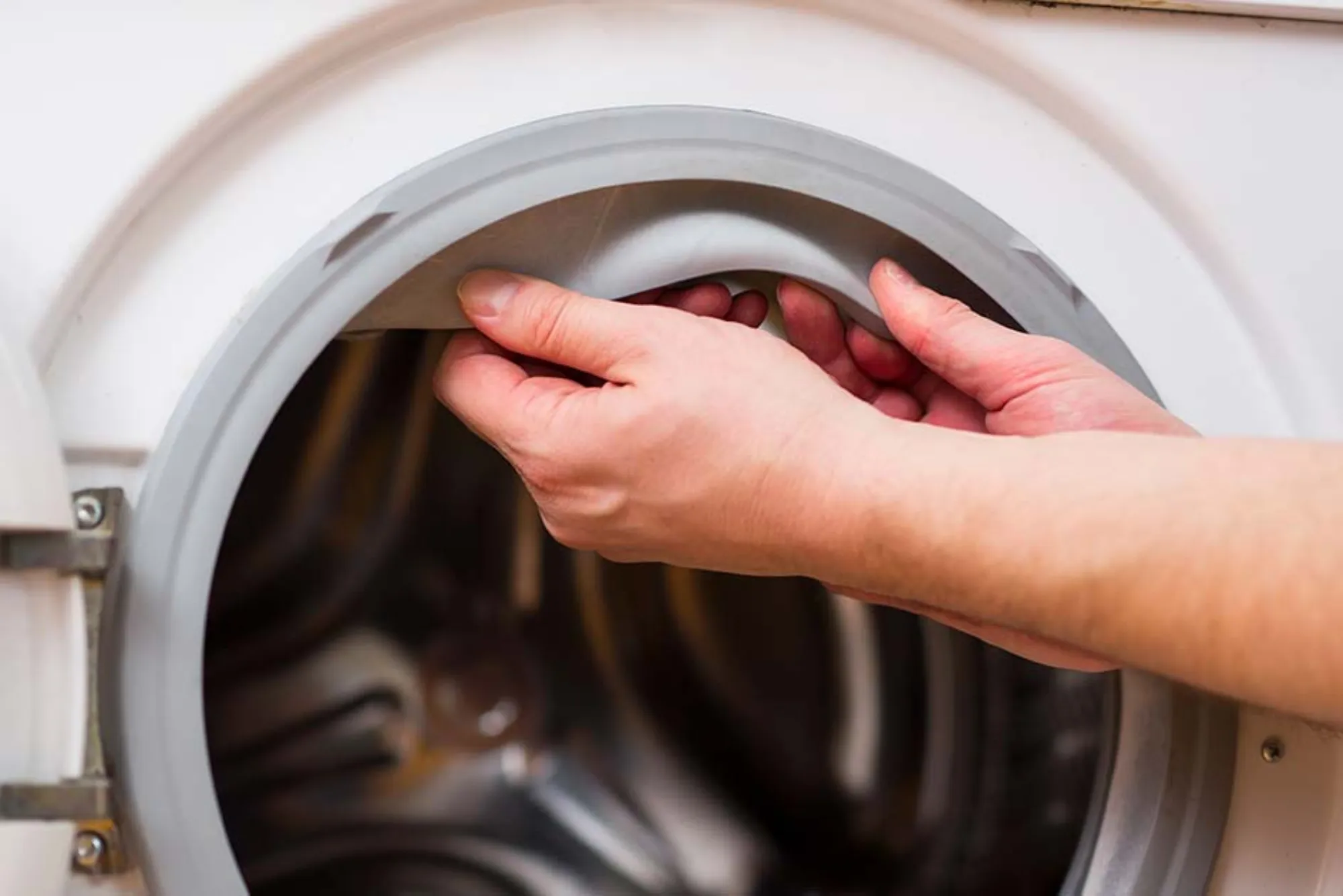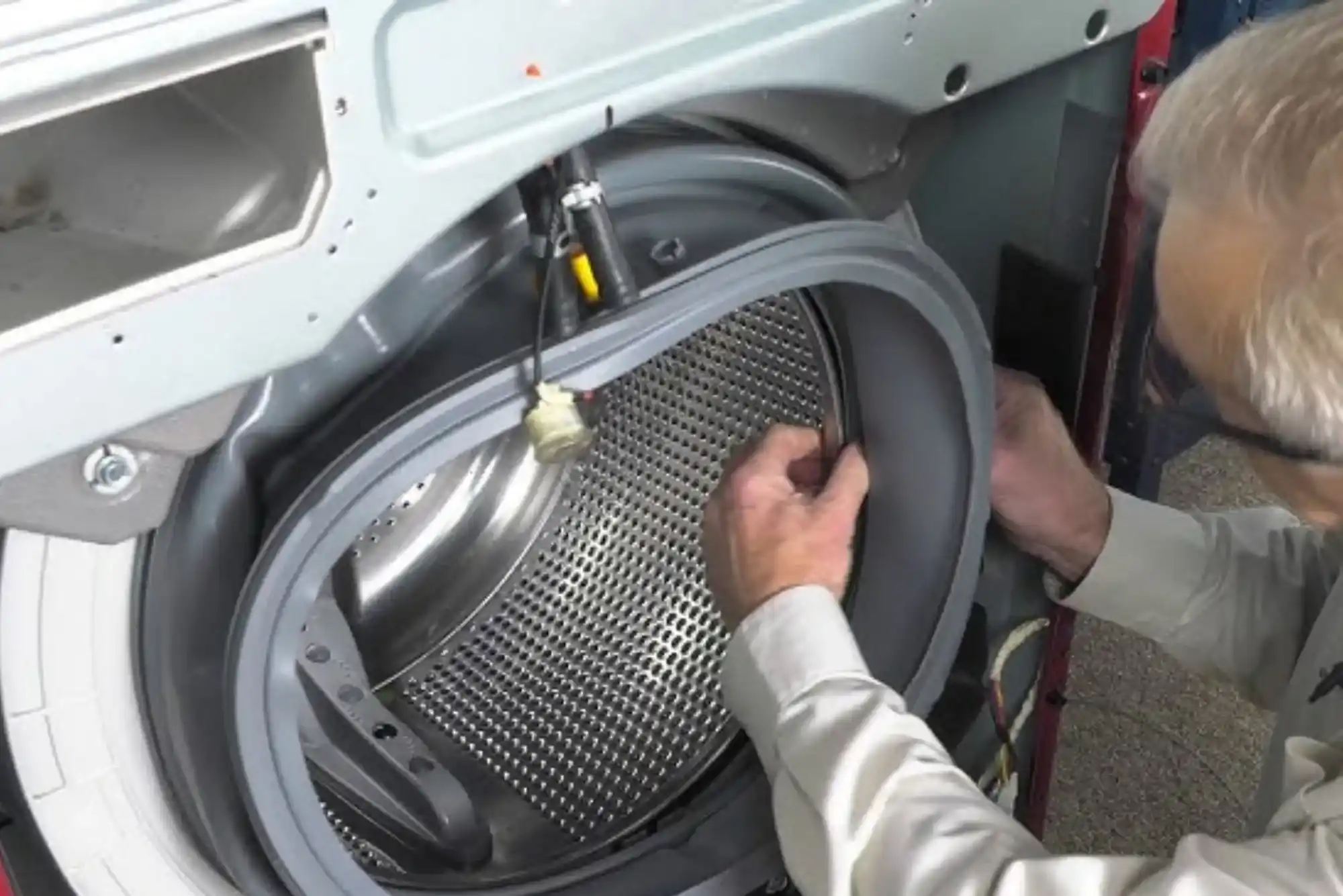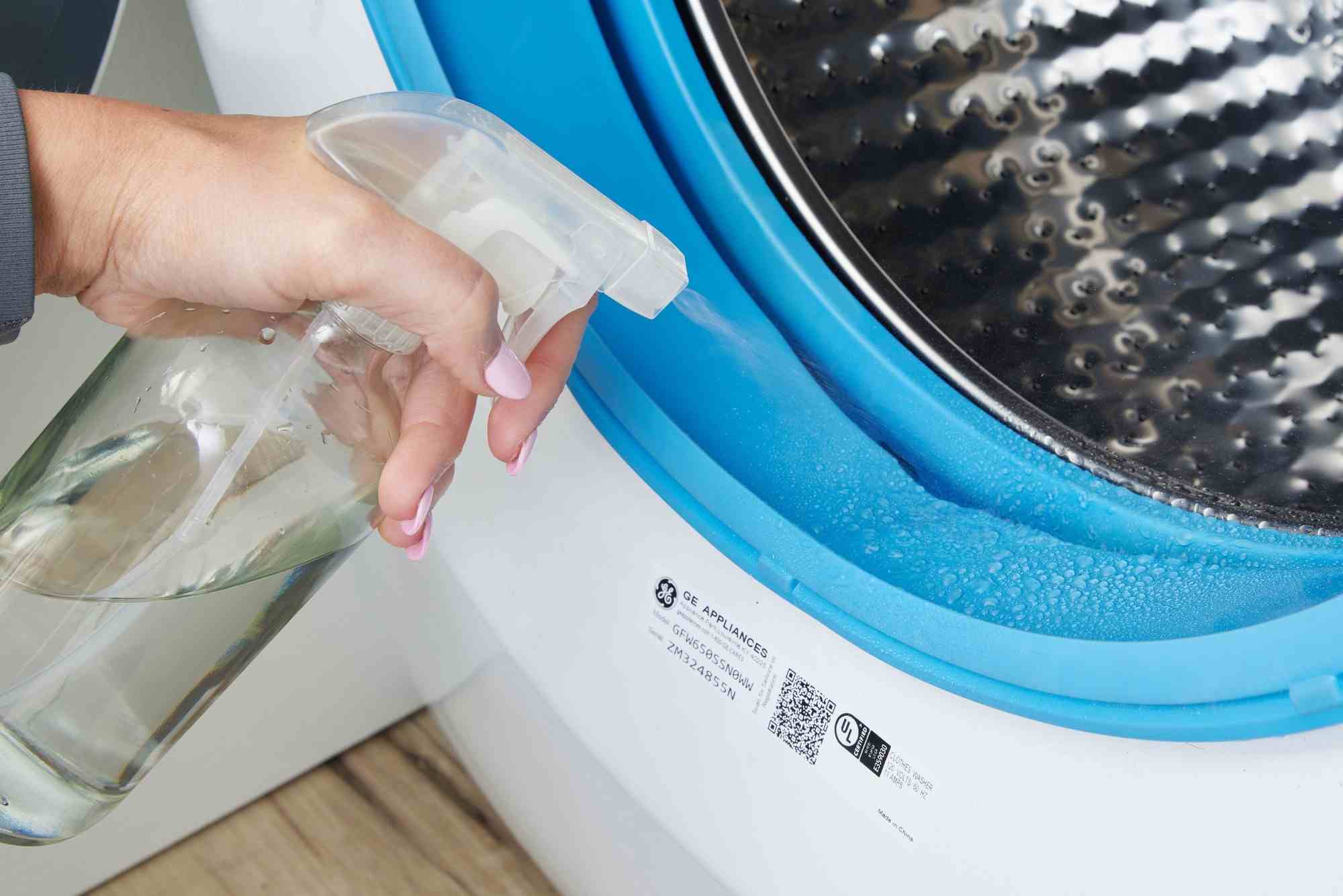A dishwasher has become one of the most valuable household appliances, saving both time and effort in modern kitchens. However, just like any electrical appliance, a dishwasher is not free from technical issues. While mechanical faults such as clogged drains or broken spray arms are common, electrical problems tend to be more complex and often require expert attention. Understanding the nature of these issues, their causes, and their solutions is essential for ensuring the longevity and safe operation of your dishwasher.
Electrical issues in dishwashers are not always immediately visible, and in many cases, they can manifest subtly, such as the machine refusing to start, stopping mid-cycle, or failing to complete its program. Because the dishwasher is connected to both water and electricity, these problems are considered sensitive and potentially dangerous, which is why diagnosing and repairing them should be approached carefully.
Why Electrical Problems Occur in Dishwashers
Dishwashers operate using a combination of water pressure, heating elements, timers, control boards, and various electrical connections. Over time, normal wear and tear, exposure to moisture, and power surges can contribute to electrical malfunctions. In households with frequent power fluctuations or unstable voltage supply, dishwashers are particularly vulnerable. Improper installation or using extension cords instead of direct wall connections also increases the risk of electrical faults.
Moisture is one of the biggest enemies of electrical components inside the dishwasher. Even with protective insulation and sealing, the continuous exposure to steam and hot water makes the internal environment prone to short circuits and corrosion. Additionally, modern dishwashers rely heavily on digital control boards, which, though efficient, are more sensitive to electrical disturbances compared to older mechanical models.
Signs of Electrical Problems in Dishwashers
The first step to addressing Dishwasher Electrical problems is recognizing their signs. When the dishwasher does not power on despite being connected to a reliable socket, it is an indicator of an electrical fault. Similarly, tripped circuit breakers during operation often point towards internal short circuits. Other signs include unusual noises during operation, lights flickering on the control panel, or the machine shutting down abruptly before completing its cycle.
In many cases, the heating element may fail to warm water due to faulty wiring or a malfunctioning thermostat, leading to dishes being washed in cold water. Another indicator of electrical issues is when the dishwasher fills with water but does not begin the wash cycle, which often happens when the motor or control board is not receiving proper power.
Faulty Power Supply Connections
One of the most basic electrical issues in dishwashers is a faulty connection to the power source. Many times, users assume the appliance is malfunctioning when, in reality, the problem lies in a damaged plug, loose wiring, or a defective socket. This issue may seem simple, but it can cause significant frustration when overlooked. Ensuring that the dishwasher has a dedicated power connection free from overloaded extensions or power strips is crucial for preventing further damage.
Loose wires or frayed cords can also be hazardous, as they not only prevent proper operation but also increase the risk of electrical fires. Over time, repeated plugging and unplugging, vibrations during operation, or even rodent activity can damage wiring, leading to unpredictable failures.
Control Board Failures
The control board is the brain of the dishwasher, regulating cycles, directing power to components, and ensuring that functions such as heating, draining, and washing occur in sequence. When the control board encounters problems, the dishwasher may behave erratically. This could include skipping cycles, failing to start, or freezing mid-operation.
Control boards are sensitive to power surges, moisture infiltration, and manufacturing defects. In many cases, a failed control board requires replacement rather than repair, as the tiny circuits inside are difficult to fix. Since this component is essential to overall operation, a malfunctioning control board often results in the entire dishwasher becoming unusable until the issue is resolved.
Heating Element and Thermostat Issues
The dishwasher relies on a heating element to warm the water to the required temperature and to dry the dishes at the end of the cycle. If the heating element is not functioning, the issue could stem from broken wiring, burned-out connections, or thermostat malfunctions. Electrical resistance in these components can change over time, leading to overheating or complete failure.
A faulty thermostat may send incorrect signals to the control board, preventing the heating element from activating. This not only affects cleaning performance but also increases the risk of bacterial buildup due to insufficient hot water sterilization. Diagnosing heating element issues often requires professional tools to measure continuity and resistance, making it a problem best handled by experts.
Motor and Pump Electrical Failures
Another common dishwasher electrical problem involves the motor and pump assembly. The motor drives the pump, which circulates water throughout the dishwasher. Electrical faults in this area may cause the motor to hum without turning, fail to start, or stop suddenly during operation. In some cases, the motor may draw excess current, leading to tripped circuit breakers.
Internal wiring inside the motor windings can wear out or short, and moisture infiltration can corrode connections. Because the motor and pump system is central to cleaning performance, any electrical defect here usually results in noticeable performance loss.
Door Switch and Safety Interlocks
Dishwashers are designed with safety mechanisms to ensure they do not operate while the door is open. The door switch or interlock system is electrically connected to the main power supply of the dishwasher. If the switch becomes faulty or misaligned, the dishwasher may not power on even when the door is securely shut.
This safety feature is crucial, but it also represents a point of vulnerability for electrical faults. A defective door switch can create a scenario where the appliance appears completely dead despite being properly connected to power. Replacing or adjusting the switch usually resolves the issue, but it requires disassembly of the door panel, which should be handled carefully.
Burned Wires and Short Circuits
Burned wires are another common electrical issue in dishwashers. High current draw, faulty connections, or exposure to moisture can lead to overheating and eventual burning of insulation. Once wires are damaged, the risk of short circuits increases significantly. Not only does this compromise the functioning of the dishwasher, but it also poses a fire hazard.
Short circuits can also damage other sensitive electrical components, including the control board and sensors. Identifying burned wires often requires a visual inspection, but in many cases, the damage may be hidden inside the machine’s housing.
Preventing Electrical Problems in Dishwashers
Although electrical problems cannot be entirely avoided, preventive measures can significantly reduce their frequency. Ensuring proper installation with a grounded power connection, avoiding the use of extension cords, and protecting the dishwasher with a surge protector are practical steps. Regular maintenance checks, such as inspecting cords and ensuring that the interior remains dry between cycles, also help prevent long-term damage.
Using the dishwasher according to manufacturer guidelines and avoiding overloading it ensures that the motor and heating systems do not face unnecessary strain. Professional servicing once every year can help detect minor electrical faults before they develop into major issues.
When to Call a Professional
While some users may attempt basic troubleshooting, such as checking the plug or resetting the circuit breaker, electrical problems inside dishwashers are generally best handled by professionals. Attempting to fix wiring, control boards, or motors without the right tools and expertise can be dangerous. Because the appliance combines water and electricity, the risk of electrocution or further damage is significant.
Calling a certified technician ensures that the problem is accurately diagnosed and safely repaired. Professionals also have access to genuine spare parts and can test the machine thoroughly to confirm that it operates reliably after repair.
Dishwashers are indispensable in modern kitchens, but like all electrical appliances, they are prone to technical issues that disrupt performance. Common dishwasher electrical problems range from faulty power connections and burned wires to control board malfunctions and heating element failures. Recognizing the symptoms early, taking preventive measures, and seeking professional repair services can help extend the life of the dishwasher while ensuring safe operation.





